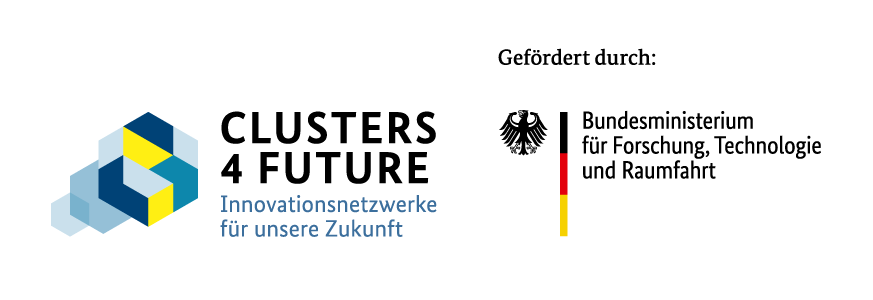We researched how social justice, mobility and participation are connected for a mobility transition in Munich. We also worked with residents on Piusplatz to design public spaces and local mobility options.
Using a mobility (in)justice atlas and a survey with questionnaires, we want to make injustice visible, for example with regard to access and accessibility of means of transport and public facilities and burdens. In participation formats, workshops and campaigns with residents at Piusplatz, we have redesigned the space and mobility options in concrete terms.
Because we want to actively contribute to a future of mobility and a mobility of the future in Munich in which everyone can participate.
Munichand in the Piusplatz research quarter, Berg am Laim.
Want to shape the future of mobility with us?
Then please get in touch with us.
